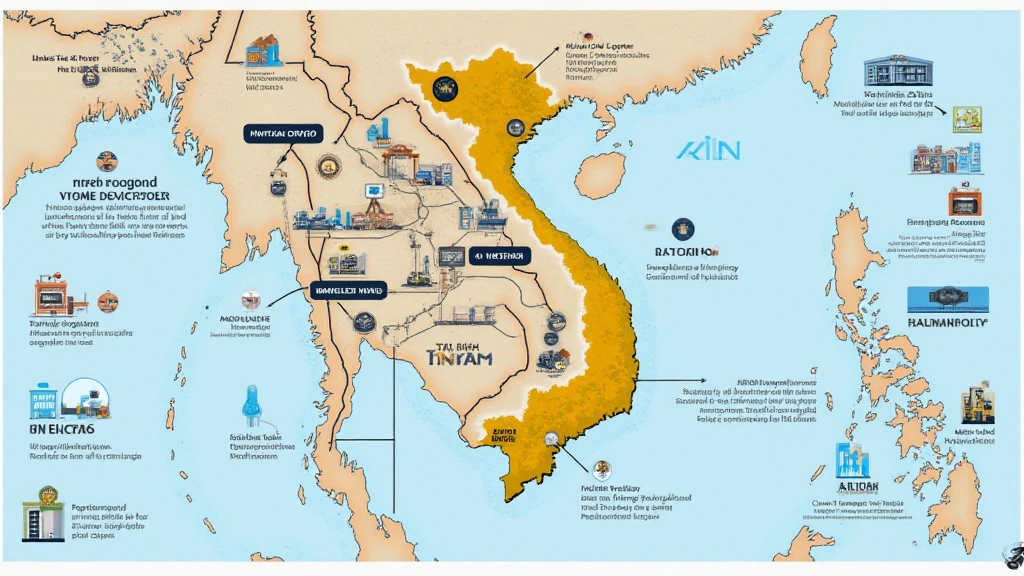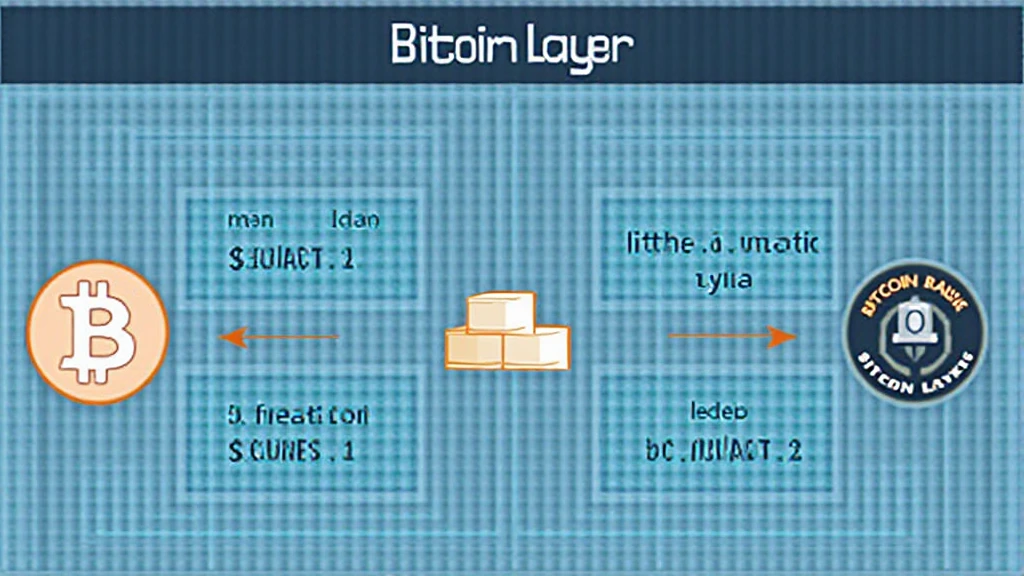Understanding Vietnam Crypto Mining Regulations
As the world rapidly embraces cryptocurrency, the regulatory landscape keeps evolving. In Vietnam, the rise of digital assets has sparked conversations around the legality and implications of crypto mining activities. In 2023, approximately 700,000 individuals in Vietnam were involved in crypto-related practices, showcasing a significant increase as user growth rates hit 30%. This article aims to dissect Vietnam’s regulatory framework surrounding cryptocurrency mining, its enforcement, and its impact on users.
Vietnam’s Crypto Mining Landscape
Vietnam’s approach to crypto mining is multifaceted, shaped by various factors from the government, technological advancements, and the public’s perception of cryptocurrencies. The government has been cautious in its regulation while recognizing the potential for blockchain technology to support economic growth.
- Government Stance: The State Bank of Vietnam (SBV) has issued warnings about the risks associated with cryptocurrencies. However, it has shown interest in exploring blockchain technology for financial applications.
- Current Developments: Many local miners have turned to neighboring countries with more favorable regulations to conduct their operations. Reports suggest growing concerns about the environmental impact of crypto mining.
- Future Trends: As the crypto market matures, expectations are for clearer guidelines that will enhance security and compliance, adapting to international standards.
The Legal Framework Governing Crypto Mining
Vietnam’s legal framework remains ambiguous when it comes to cryptocurrency mining. While the government has not officially prohibited mining activities, the absence of specific regulations leaves room for interpretation.

- Legal Status of Cryptocurrencies: Cryptocurrencies are not recognized as legal tender in Vietnam; thus, transactions conducted using these assets face scrutiny.
- Electricity Usage Regulations: The Ministry of Industry and Trade has initiated talks to regulate large-scale mining operations that could strain the national power grid.
- Tax Implications: Although there are no explicit tax laws for cryptocurrencies, business activities involving cryptocurrencies could attract taxes dependent on traditional frameworks.
Compliance and Enforcement Challenges
Enforcement of crypto mining regulations in Vietnam faces several hurdles. These include a lack of adequate legal provisions and public awareness regarding compliance.
- Illegal Mining Operations: Despite the lack of structured regulations, illegal mining still persists, often operating off the grid to evade detection.
- Regulatory Oversight: The current laws do not provide sufficient oversight, making it difficult for authorities to differentiate between legitimate and illegitimate mining activities.
- Public Awareness: Many individuals involved in crypto mining do not fully understand the legal implications of their activities, which can expose them to potential risks.
Impact on Users and Future Prospects
Understanding Vietnam crypto mining regulations is crucial for individuals and businesses involved in this burgeoning ecosystem. As more Vietnamese citizens engage with crypto mining, several trends are beginning to emerge.
- Market Shift: There’s a growing interest among investors in cryptocurrencies and blockchain technology, which is likely to influence development in mining regulations.
- International Comparison: Comparing Vietnam’s crypto policies with neighboring countries highlights potential areas for growth and improvement.
- Prospective Incentives: Future regulations may include incentives for environmentally friendly mining practices as Vietnam strives to meet international sustainability goals.
Considerations for Crypto Miners
For those interested in exploring crypto mining in Vietnam, understanding potential pitfalls is essential. Here are some key considerations:
- Stay Informed: As regulations evolve, keeping up with changes will be vital in preventing legal complications.
- Energy Costs: Miners should conduct feasibility studies on electricity costs, which are a major factor in profitability.
- Security Measures: Implementing strong security protocols is crucial as cyber threats loom large in the crypto space.
A Step Towards Clarity
As Vietnam continues to forge its path in the global crypto landscape, ongoing discussions about regulations and compliance will be pivotal. Codified regulations could pave the way for a more structured approach, enabling broader participation and investment in the crypto space.
In conclusion, navigating Vietnam’s crypto mining regulations can be complex yet rewarding for those willing to stay informed and adapt to changes. As the market progresses, these regulations will likely evolve, reflecting the demands of users and the need for a secure mining environment.
For more resources, refer to our Vietnam crypto tax guide for insights into taxation and compliance in relation to cryptocurrency activities in Vietnam.
In the words of blockchain expert Dr. Huy Nguyen, who has published over 20 papers on financial technologies and led audits for various notable projects: “The future of crypto mining regulations in Vietnam needs to focus on sustainability and accessibility to foster growth in this sector.”






